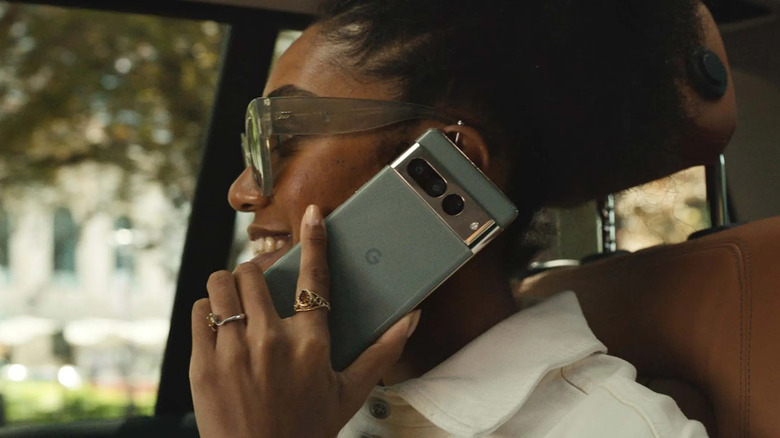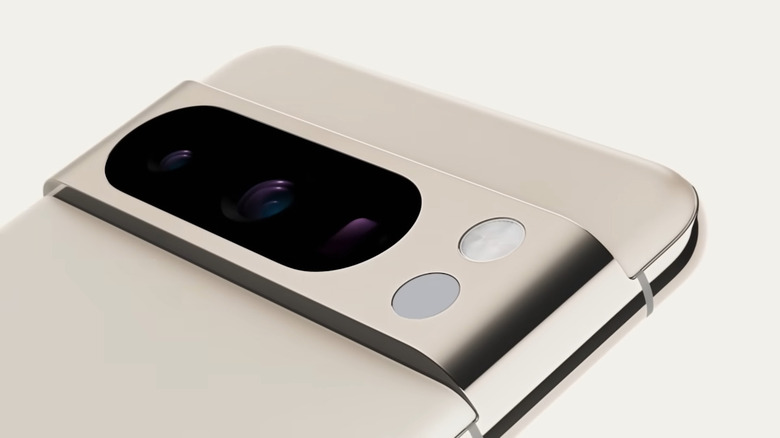Google Elevates The Pixel User Experience With 7 Years Of Features & Updates
In conjunction with the release of the highly anticipated Pixel 8 smartphone and the Pixel Watch 2, Google is leveling up its user experience. Starting with the Pixel 8, Google will provide seven years of software support. This includes providing upgrades, new features, and security updates. However, Google did not indicate that this would also apply to the Pixel Watch 2.
Google not supporting its older devices has been criticized by many. Critics are quick to point out that Apple and Samsung both support their older devices for longer. The initial line of Pixels notably only received three years of support. So, if you picked up one of these secondhand Pixel that's over three years old, you would miss out on all the features and improvements Android and Google regularly push out.
This isn't the first time Google has adjusted its commitment to software updates. The Pixel 6 set a new standard, with Google providing support for it for five years after its release. However, this is slightly deceptive, as the Android version updates only last three years, while the security updates continue for five years.
Pixel fans will be happy to hear that their devices will remain secure for longer
The obvious benefit of this new standard is that Pixel 8 owners won't feel obliged to head to the store every three years to get the most out of the Android operating system. With Android updates dropping frequently, a device that has not been updated can look very different from one that is, even if only a year has passed. Security is another crucial component of updates. Although buffing up a device's security is not as flashy as a features update, it is arguably more important.
That's increasingly important, as smartphones become not only our repositories for personal data like payment cards, bank accounts, and social media accounts, but a growing target for hackers. Meanwhile, though Google — like other phone-makers — may be bringing design and development of some components in-house for its handsets, it still relies on third-party manufacturing, not to mention a host of other parts from suppliers. Each represents a potential for performance tweaks and improvements, security patches, and other updates as new iterations of software and hardware are developed.
While no smartphone is able to promise perfect safety, Google's new commitment does at least mean the reassurance of a greater likelihood that, when vulnerabilities are discovered, they can be patched even if the phone is approaching its seventh year in production.

